21 Countries Where Travel Isn’t Safe For Americans — And 5 Blunders That Make It Even Worse
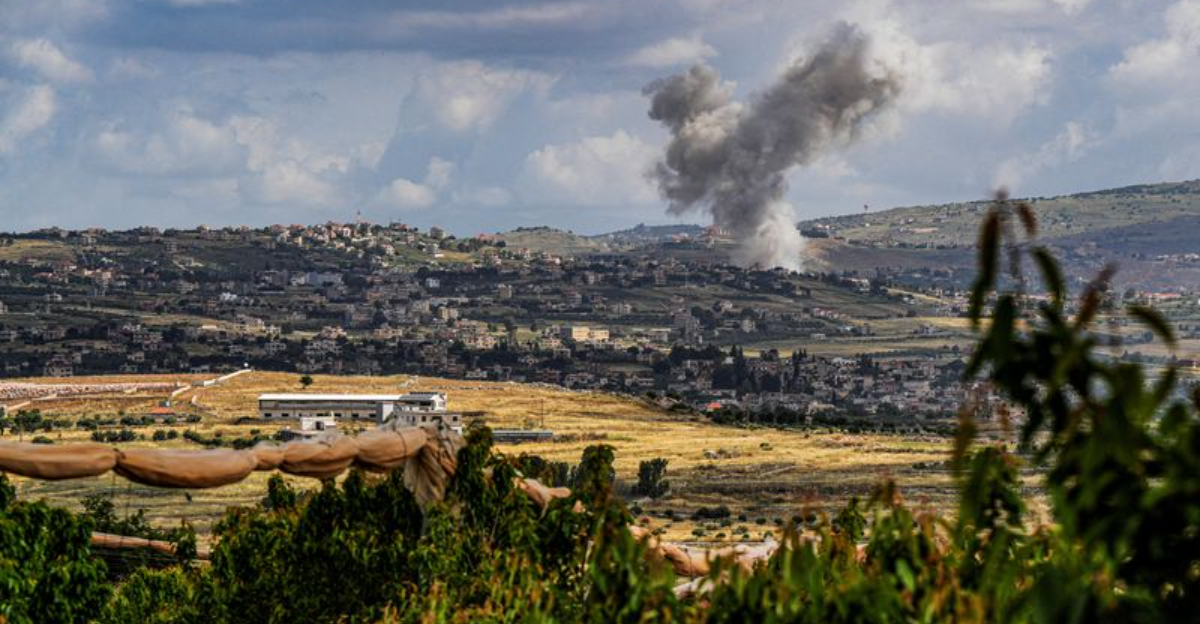
Traveling the world is an amazing adventure, but not every country welcomes American tourists with open arms. Some places pose serious dangers from terrorism, civil unrest, or crime that put visitors at risk.
Beyond choosing risky destinations, certain mistakes can make your journey even more dangerous. Here’s what you need to know before planning your next international trip.
1. Syria Travel Advisory
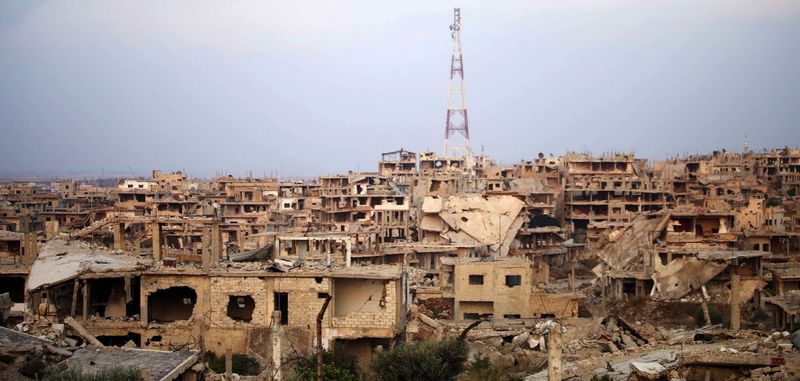
Travel to Syria comes with extreme risk, especially for U.S. citizens, due to years of civil conflict that have left the country unstable and dangerously unpredictable.
Armed conflict, terrorism, kidnapping, and aerial bombardment occur without warning. The U.S. Embassy suspended operations here in 2012, meaning if you get into trouble, diplomatic help simply isn’t available.
Criminal gangs and terrorist groups like ISIS specifically target Westerners for kidnapping and attacks. Medical facilities have been decimated, and basic services like electricity and clean water are unreliable in many areas.
2. Ignoring Local Laws (Blunder)
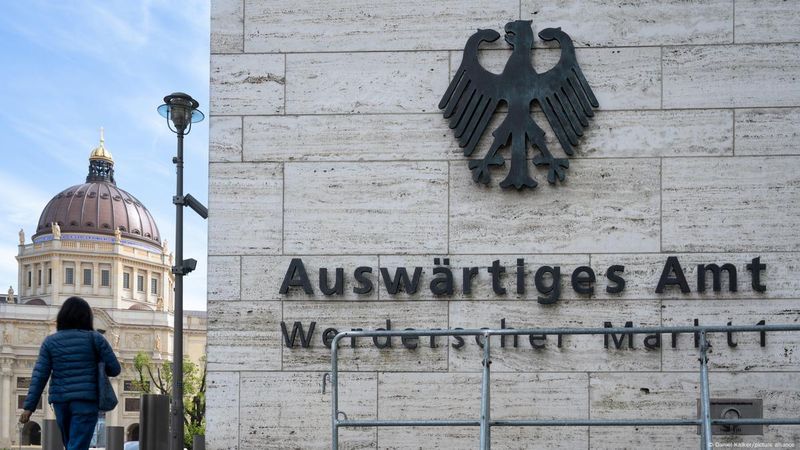
What seems perfectly normal back home might land you in serious trouble abroad. Many Americans get arrested simply because they didn’t bother learning basic local regulations before traveling.
In Singapore, chewing gum could result in hefty fines. Taking photos of government buildings in many countries can be considered espionage. Drug offenses that might be minor misdemeanors in some U.S. states can carry death penalties in countries like Malaysia or Indonesia.
The U.S. government has limited ability to help if you break another country’s laws, no matter how unfair they might seem to you.
3. Somalia Safety Risks
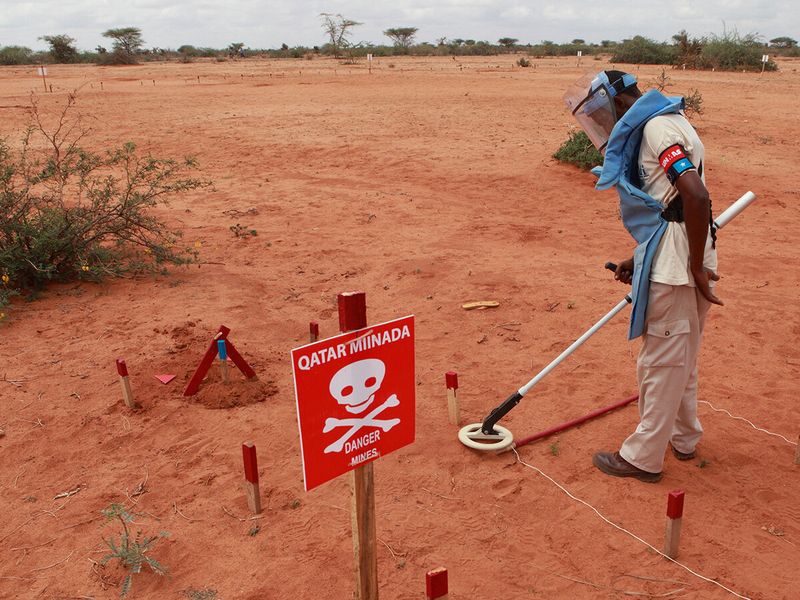
For U.S. travelers, Somalia remains one of the most high-risk destinations, plagued by terrorism, piracy, kidnappings, and ongoing armed clashes.
The country lacks effective policing, making crime widespread and violent. Pirates operating off Somalia’s coast have attacked vessels hundreds of miles from shore. Medical facilities are extremely limited and often lack basic supplies and trained staff.
The U.S. government has virtually no ability to help Americans in trouble here. Even humanitarian workers and journalists with extensive security operate under serious threat.
4. Disrespecting Cultural Norms (Blunder)
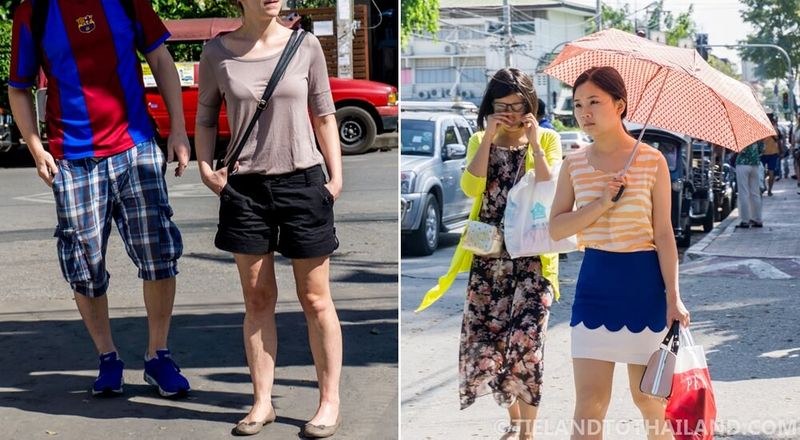
Americans sometimes stand out for all the wrong reasons when traveling. Loud voices, casual dress in conservative areas, and ignorance of local customs can create hostility or make you a target for criminals.
In many Middle Eastern countries, revealing clothing or public displays of affection can result in arrest. Taking photos of people without permission in indigenous communities might be seen as stealing their spirit. Pointing with your finger or feet can deeply offend people in various Asian cultures.
Research cultural norms before your trip and observe how locals behave. This simple preparation can prevent dangerous misunderstandings.
5. Venezuela in Crisis
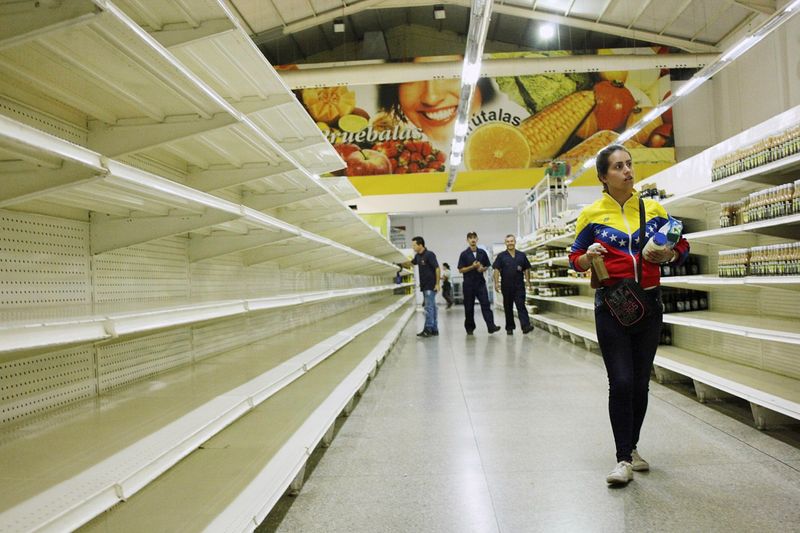
Once a vibrant South American destination, Venezuela is now grappling with chaos, where crime, especially in Caracas, poses a major threat to visitors.
Armed robbery, express kidnapping (where victims are briefly abducted for quick cash), and carjacking happen regularly, even in daylight. Food and medicine shortages affect everyone, including visitors. Power outages regularly plunge entire cities into darkness.
Political demonstrations often turn violent without warning. The U.S. Embassy operates with limited staff, severely restricting their ability to assist Americans in trouble.
6. Flashy Behavior in Public (Blunder)

Flaunting wealth makes you an instant target in many countries. Expensive cameras, jewelry, designer clothes, and large amounts of cash signal to criminals that you’re worth robbing.
Using your $1,000 smartphone to check maps on a street corner gives thieves the perfect opportunity. Even simple actions like counting money in public or wearing a fancy watch can attract unwanted attention.
Smart travelers dress modestly, keep valuables hidden, and try to blend in with locals. Leave expensive items in hotel safes or, better yet, at home.
7. Yemen Conflict Zones
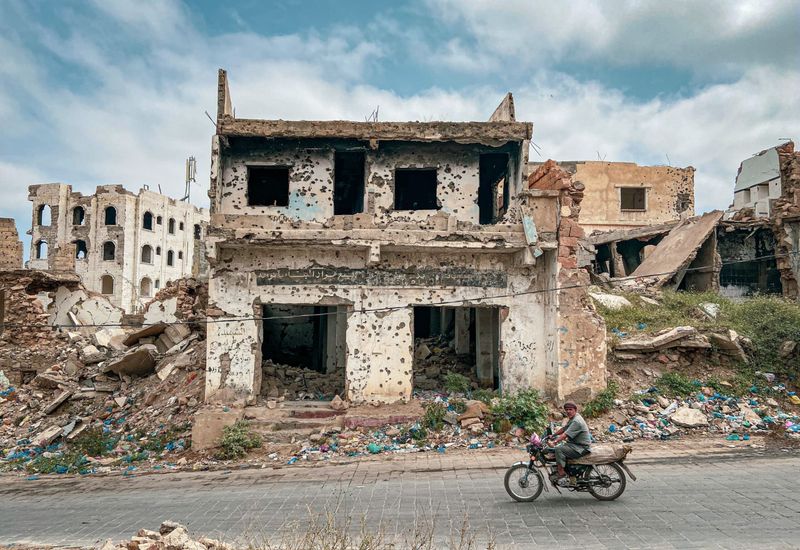
Yemen’s brutal civil war has created one of the world’s worst humanitarian crises and extreme dangers for any visitor. Airstrikes, artillery fire, and drone attacks occur regularly without warning throughout the country.
Terrorist groups including Al-Qaeda and ISIS operate freely in many areas. Kidnapping for ransom is a common tactic used against foreigners. Medical facilities have been destroyed or lack basic supplies.
The U.S. government cannot provide emergency services to citizens in Yemen as there is no embassy presence. Even humanitarian workers with security details face significant risks daily.
8. Skipping Travel Insurance (Blunder)
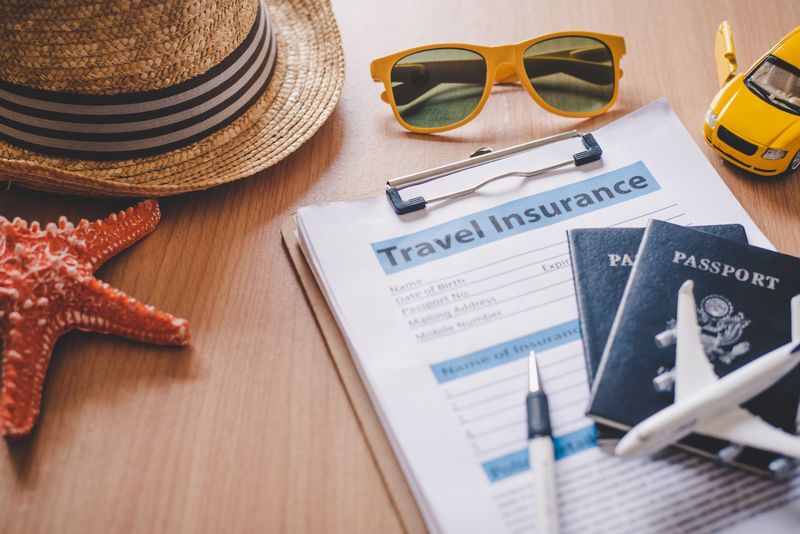
Many Americans wrongly assume their domestic health insurance will cover them overseas or that the government will rescue them if disaster strikes. This dangerous misconception leads to financial ruin when emergencies happen abroad.
Medical evacuations can cost $100,000 or more from remote locations. Treatment in foreign hospitals often requires upfront cash payment before you receive care. Standard health insurance typically provides limited or no coverage internationally.
Comprehensive travel insurance with emergency evacuation coverage is essential for any international trip. The small upfront cost could save your life and prevent bankruptcy if something goes wrong.
9. North Korea Restrictions
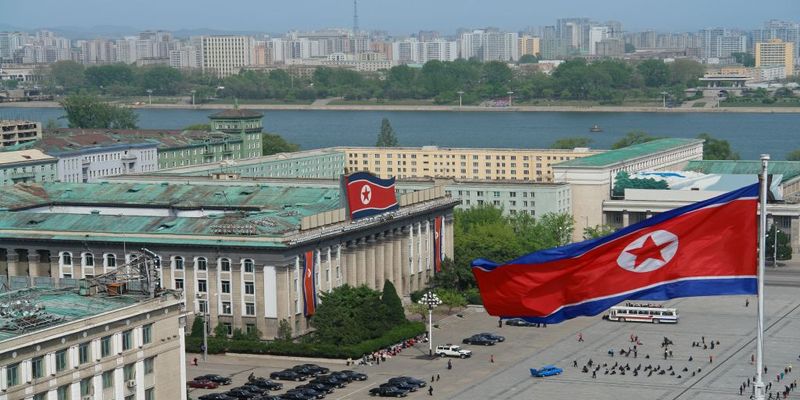
In North Korea, foreigners—especially Americans—have no freedom to explore independently, as the government enforces total control through mandatory guides.
Taking unauthorized photos or interacting with locals without permission can result in arrest. The North Korean justice system shows no regard for due process, and Americans have been sentenced to hard labor for minor infractions like taking a propaganda poster.
The U.S. cannot provide consular assistance since diplomatic relations don’t exist. If you’re detained, you’ll face the harsh reality of being a political pawn with no legal protections.
10. No Backup Documents (Blunder)
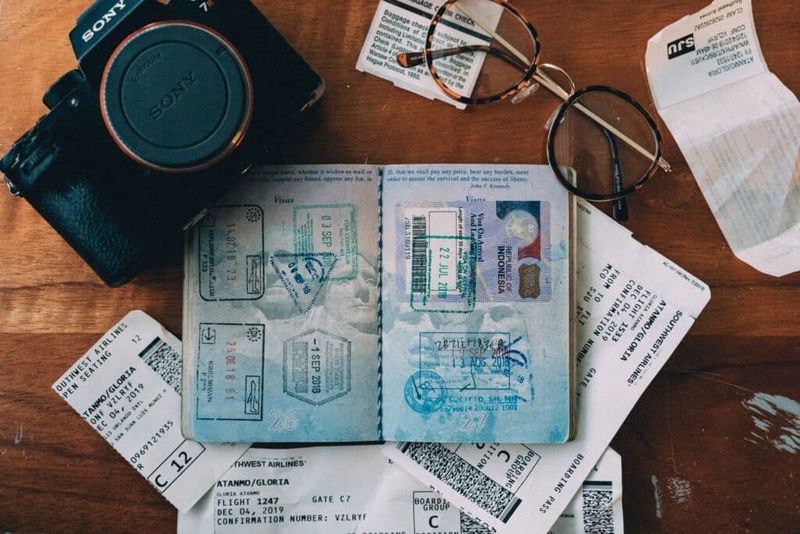
Losing your passport or having it stolen in a foreign country instantly creates a nightmare situation. Without access to identification documents, you can’t check into hotels, board flights, or cross borders.
Digital copies stored on your phone aren’t helpful if your device is also stolen. Embassy replacement processes can take days or weeks, leaving you stranded.
Always keep physical and digital copies of your passport, visa, insurance information, and emergency contacts in multiple secure locations. Store copies in your luggage, with a trusted travel companion, and in secure cloud storage you can access from any device.
11. Iraq High-Risk Areas
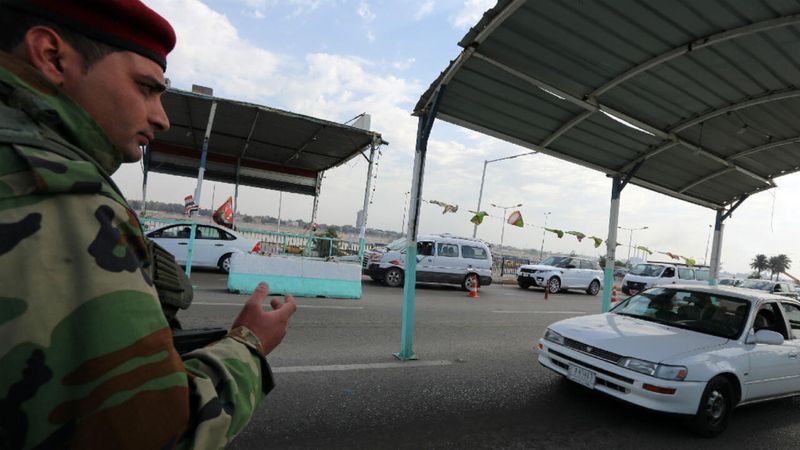
Iraq remains extremely dangerous despite improvements in some regions. ISIS and other terrorist groups continue to plan attacks against civilians, often targeting locations where foreigners gather.
Kidnapping for political leverage or ransom threatens visitors, especially Americans. Unexploded ordnance and landmines litter many areas, creating invisible dangers. Demonstrations frequently turn violent without warning, particularly in Baghdad.
If you absolutely must travel to Iraq, stick to the Kurdistan Region, which maintains better security. The U.S. Embassy in Baghdad provides limited emergency services, but road travel to reach the embassy is itself extremely dangerous.
12. Afghanistan Instability
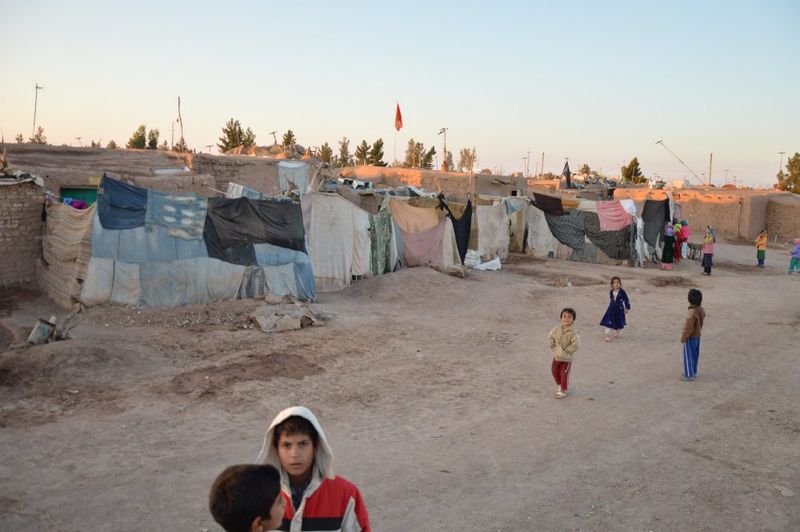
Since the Taliban regained control, Afghanistan has become extremely dangerous for U.S. travelers, with frequent terrorist attacks, kidnappings, and ongoing conflict.
ISIS-K conducts frequent bombings targeting both Taliban authorities and civilians. Americans face heightened danger due to anti-Western sentiment and potential for being held hostage for political leverage or ransom.
The U.S. has no diplomatic presence, making emergency assistance impossible. Medical facilities lack basic supplies, and evacuation options are extremely limited. The Taliban’s strict interpretation of Islamic law also creates legal risks for foreign visitors unfamiliar with local expectations.
13. Mali Terror Threats
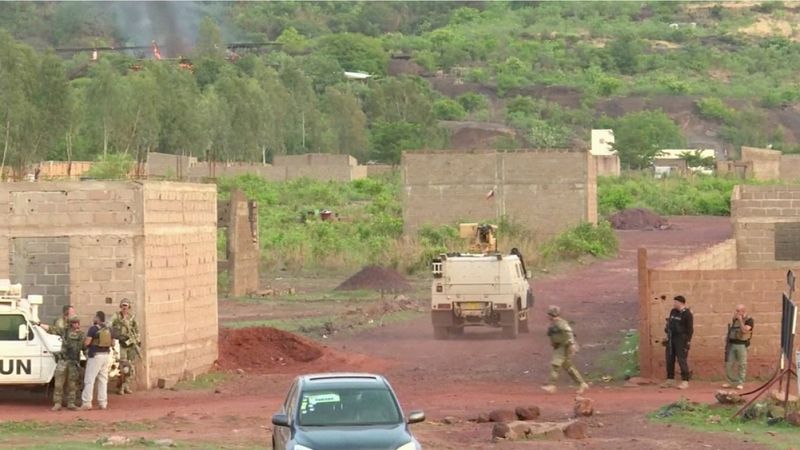
The security situation in Mali continues to decline, making it a particularly high-risk destination for Americans due to active terrorist threats across the country.
Armed robberies and kidnappings target foreigners on highways and in remote areas. These groups have attacked hotels, restaurants, and other locations where Westerners gather. Political instability has weakened government control in many regions.
Military coups have disrupted normal governance, creating unpredictable security environments. The U.S. Embassy in Mali operates with reduced staff, limiting their ability to assist Americans during emergencies, especially outside the capital.
14. Libya Civil Unrest
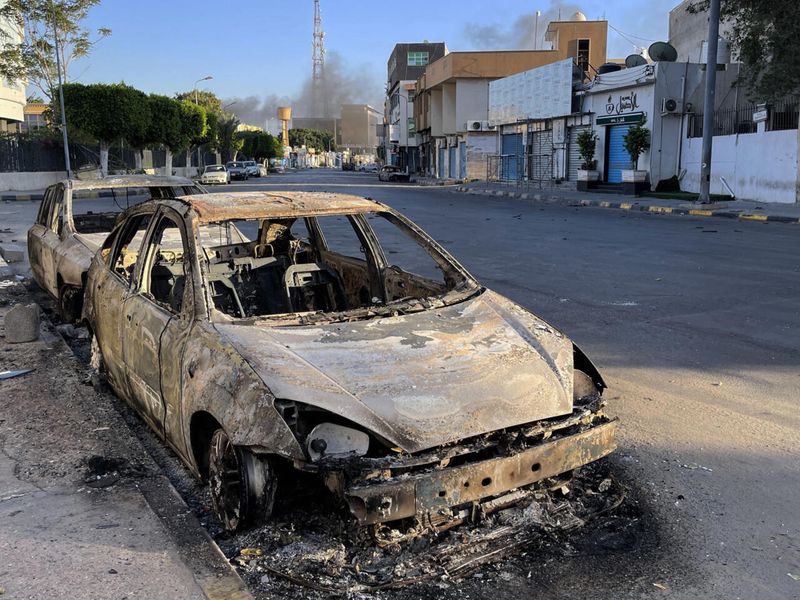
Years of internal conflict and terrorism have left Libya highly unstable, as multiple militias continue to engage in sporadic, unprovoked fighting.
Kidnapping, detention, and extortion of foreigners happen regularly. ISIS and other terrorist organizations maintain a presence in certain regions, conducting attacks against both military and civilian targets.
The U.S. doesn’t maintain diplomatic presence in Libya, making emergency assistance impossible. Crime is widespread, including carjackings and armed robberies. Even humanitarian workers with security details face extreme risks, and most international organizations have withdrawn their staff.
15. Central African Republic
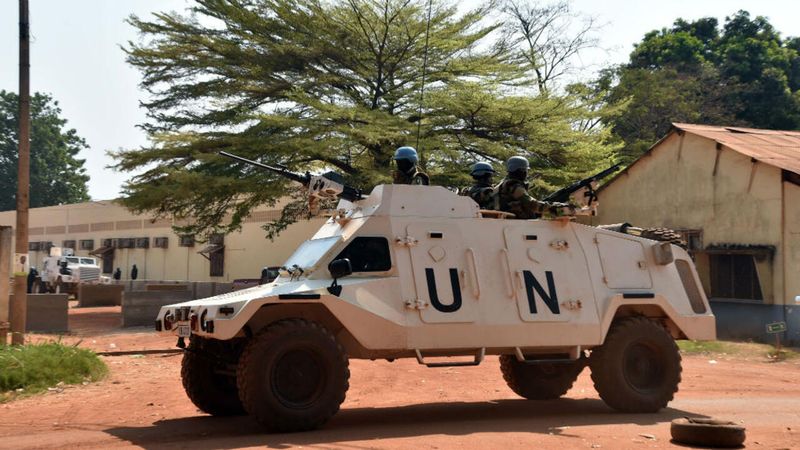
The Central African Republic suffers from ongoing armed conflict between government forces, rebel groups, and militias. Violence can erupt suddenly, even in the capital Bangui.
Armed robberies, aggravated assaults, and homicides occur frequently. Criminals specifically target foreigners for kidnapping and violent crimes. Road travel outside major cities is extremely dangerous due to armed bandits and improvised checkpoints set up by various armed groups.
Medical facilities lack basic supplies and trained staff. The U.S. Embassy temporarily closes during periods of unrest, leaving Americans without consular assistance. Telecommunications infrastructure is unreliable, making emergency communication difficult.
16. South Sudan Dangers
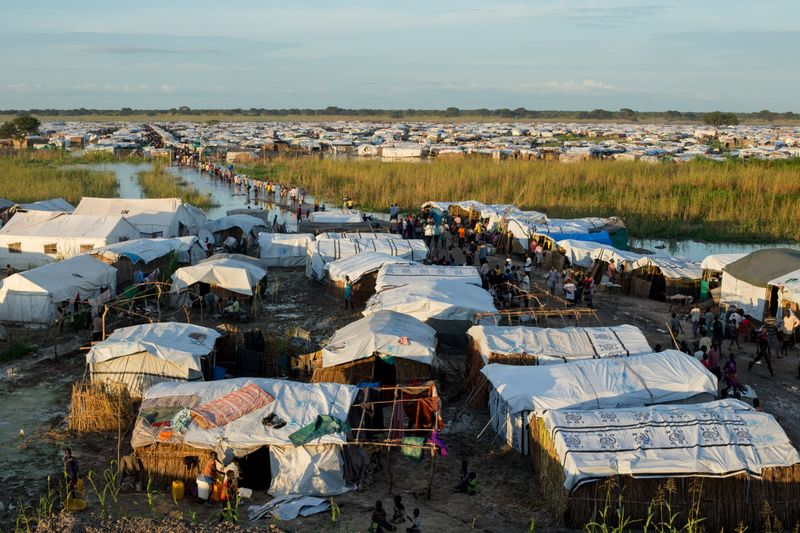
Security conditions in South Sudan remain critical, with armed factions active nationwide and unpredictable violence making travel extremely risky.
Violent crime, including armed robbery, carjackings, and sexual assault, occurs frequently. Foreigners are particularly vulnerable to kidnapping for ransom. Land mines and unexploded ordnance present hidden dangers in many rural areas.
The government has limited control outside major cities, with various armed factions controlling territory. Medical facilities are scarce and inadequately equipped. The U.S. Embassy operates with minimal staff and cannot provide normal consular services or emergency assistance in most parts of the country.
17. Iran Diplomatic Tensions
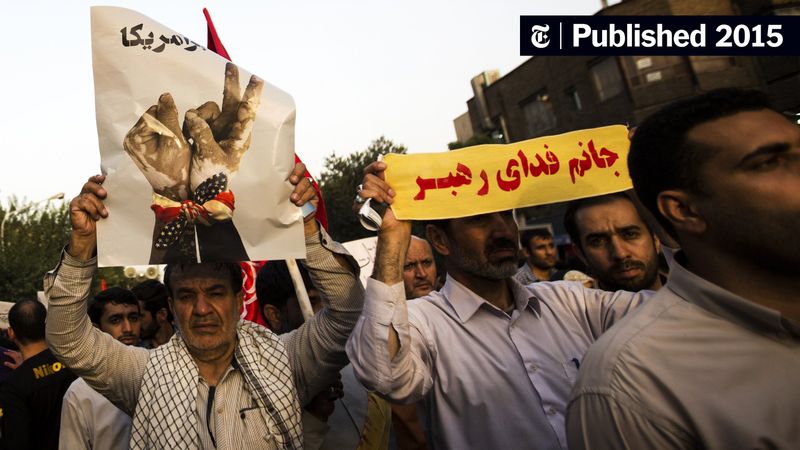
Ongoing diplomatic friction has made Iran particularly dangerous for U.S. nationals, some of whom have been arrested and held on questionable charges.
Americans of Iranian origin face particular risk, as Iran doesn’t recognize dual nationality. Border officials may confiscate U.S. passports and refuse to allow departure. Anti-American sentiment can lead to harassment or worse in some situations.
The U.S. has no diplomatic presence in Iran, relying on Switzerland to provide limited emergency services to Americans. Legal proceedings lack transparency, and detained Americans often face lengthy prison sentences after secret trials.
18. Haiti Civil Disorder
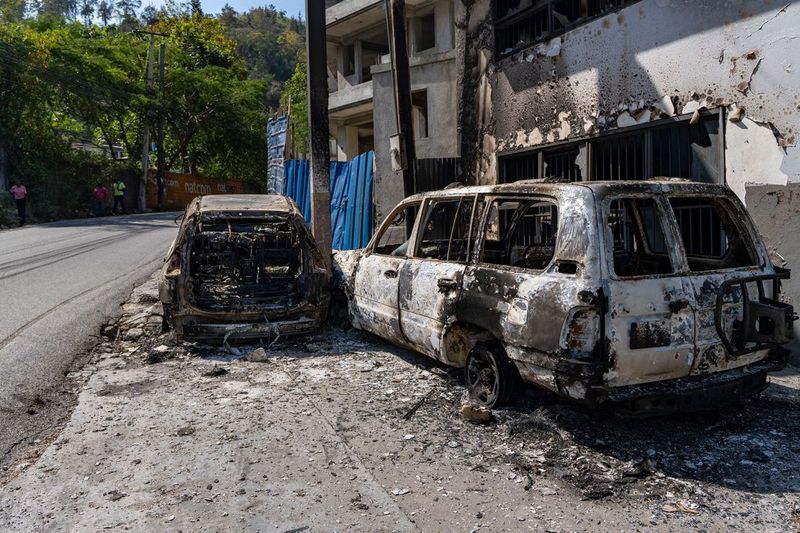
Worsening security conditions in Haiti pose serious threats, with organized gangs operating openly in major cities and targeting foreigners, including U.S. citizens.
Roadblocks, demonstrations, and tire burnings occur with little warning, trapping travelers in dangerous situations. Medical facilities are severely limited and often lack basic supplies or reliable electricity.
The U.S. Embassy operates with reduced staff and limited ability to provide emergency services. Even traveling from the airport to accommodations presents extreme risk as gangs control major routes through the capital.
19. Pakistan Regional Risks
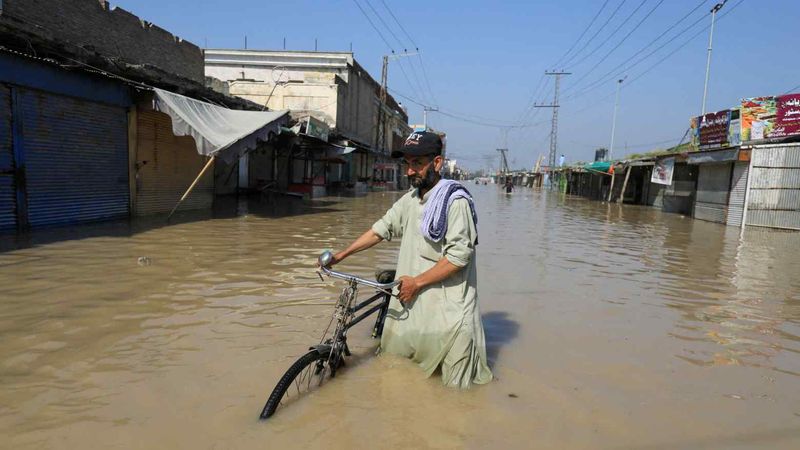
Travelers should exercise extreme caution in parts of Pakistan, as areas near Afghanistan are hotspots for extremist activity and foreigner-targeted attacks.
Terrorist attacks, sectarian violence, and kidnappings occur regularly throughout the country. Foreign government employees, aid workers, and tourists have been specifically targeted. Pakistan’s nuclear facilities and ongoing tensions with India create additional security concerns.
The U.S. government has limited ability to provide emergency services in many parts of Pakistan. Religious extremism can make Americans targets, especially in conservative rural areas where anti-Western sentiment runs high.
20. Belarus Political Crackdowns
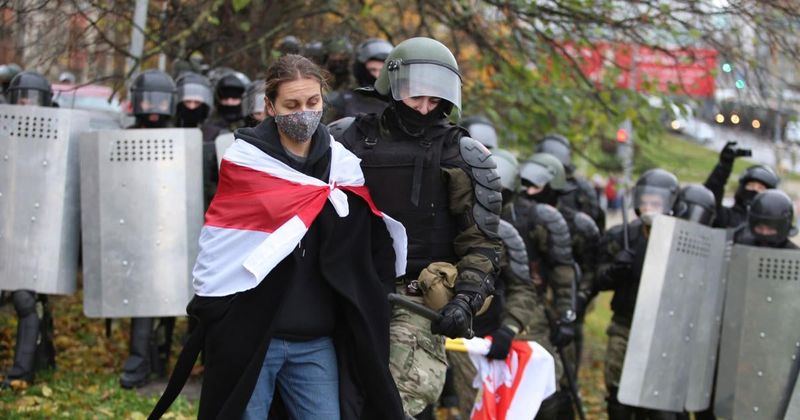
Following intensified crackdowns, Belarus has grown more hostile toward foreigners, with Americans at risk of detention for seemingly minor actions.
Border crossings can result in extended questioning or detention. The regime has forced planes to land to arrest political opponents, showing disregard for international norms.
The U.S. Embassy operates with minimal staff, limiting consular services. Communications may be monitored, and expressing political opinions can result in arrest. Americans with dual Belarusian citizenship face particular risk of being denied consular access if detained.
21. Russia Detention Risk
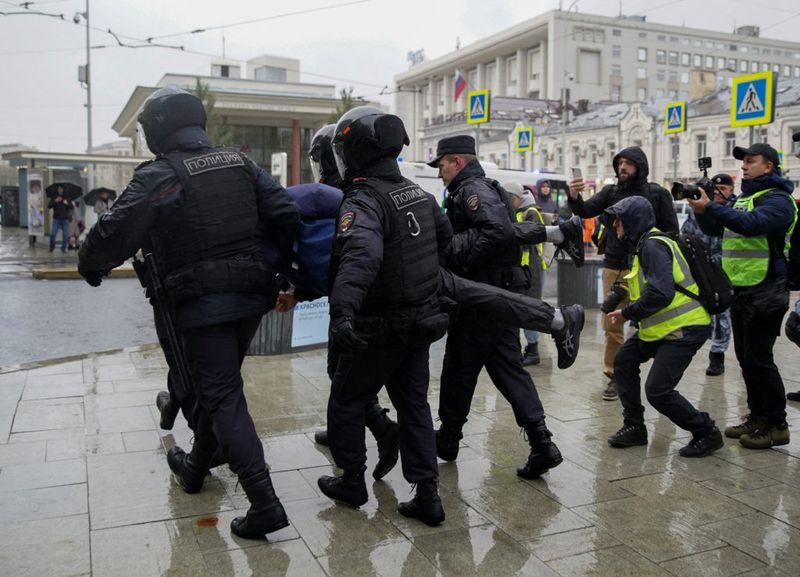
Russia presents serious risks for American travelers due to the ongoing political tensions. The Russian government has targeted U.S. citizens for detention on questionable charges, using them as political bargaining chips.
Even routine activities like taking photographs near government buildings or military installations can result in arrest. LGBTQ+ travelers face additional dangers due to Russia’s anti-gay propaganda laws and societal hostility.
The U.S. Embassy operates with severely restricted staffing, limiting their ability to provide consular assistance. Russian authorities regularly deny timely consular access to detained Americans, and trials rarely meet international standards for fairness.
22. Myanmar Military Rule
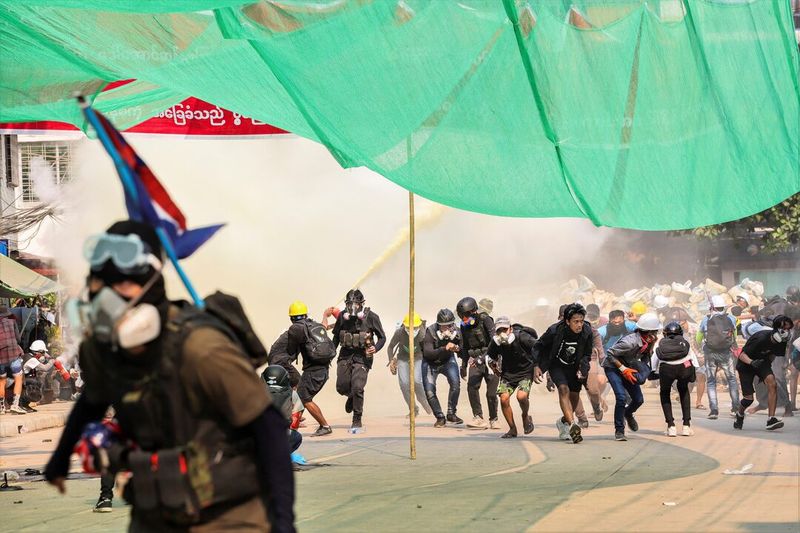
Travelers face serious danger in Myanmar, where ongoing fighting between the military regime and opposition groups has escalated across much of the country.
Authorities may detain foreigners for seemingly innocent activities like taking photos of government buildings. Curfews, internet blackouts, and travel restrictions can be imposed without warning. Civil unrest and demonstrations frequently turn violent when security forces respond with excessive force.
The U.S. Embassy operates with reduced staff and limited ability to assist Americans outside Yangon. Medical facilities lack equipment and supplies needed for emergency treatment.
23. Burkina Faso Extremism
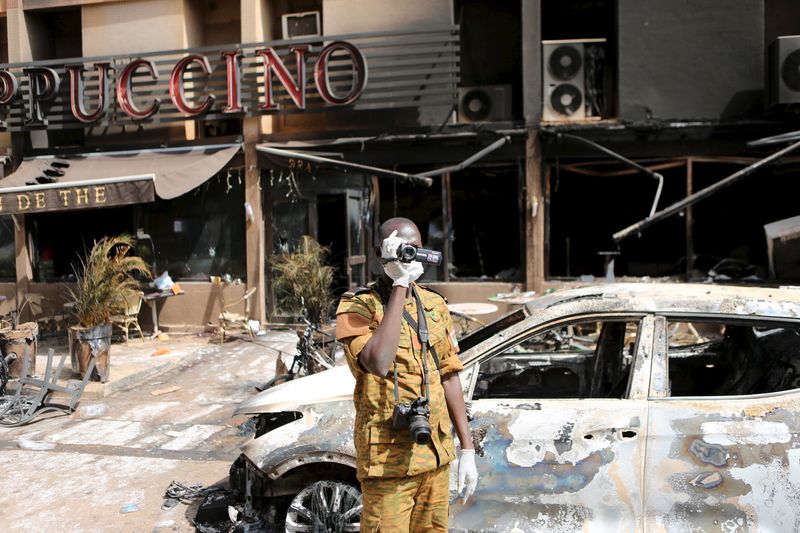
For American travelers, Burkina Faso poses significant security risks, as attacks by Al-Qaeda and ISIS-linked militants have become increasingly frequent.
Kidnapping for ransom threatens visitors, particularly in border regions and rural areas. Armed groups have attacked convoys with military escorts, showing their growing boldness and capability.
The government has limited control in northern and eastern regions. The U.S. Embassy restricts staff travel outside the capital Ouagadougou, indicating their limited ability to assist Americans in trouble elsewhere in the country.
24. Ukraine War Zones
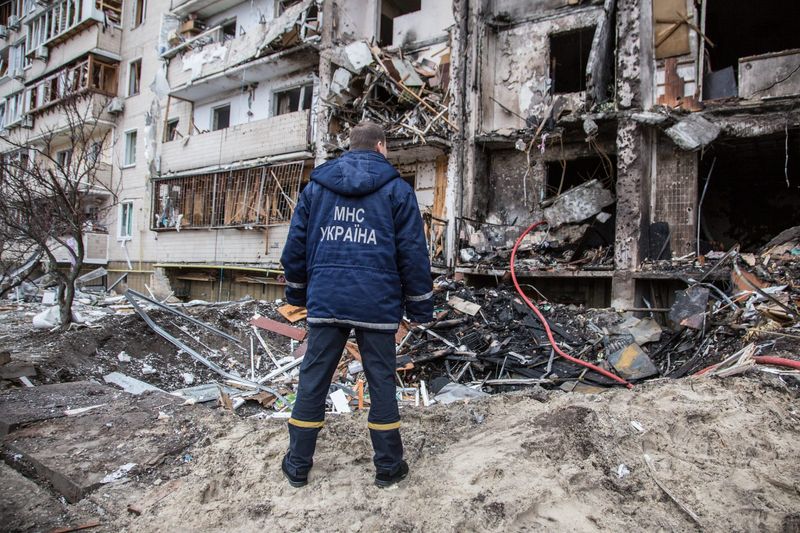
For foreigners, especially Americans, Ukraine poses serious risks, as widespread violence—including shelling and missile attacks—occurs without notice in many areas.
Unexploded ordnance and landmines contaminate large areas, creating invisible dangers. Power outages affect critical infrastructure including hospitals and water systems. Air raid sirens and shelter protocols disrupt daily activities, even in relatively safer western regions.
The U.S. Embassy operates with limited staff in Kyiv but cannot provide emergency services in combat zones. Medical evacuation options are extremely limited, and many facilities have been damaged or destroyed in conflict areas.
25. Sudan Civil Conflict
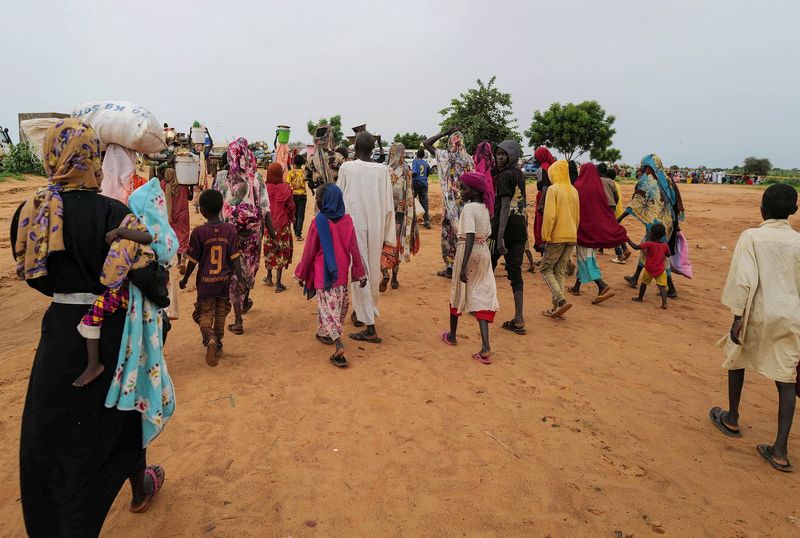
For visitors, Sudan presents extreme risks, as battles between the Sudanese Armed Forces and Rapid Support Forces continue to devastate key urban areas.
Violence against civilians, including sexual assault and targeted killings, has become widespread. Armed groups set up checkpoints where foreigners face robbery, detention, or worse. Food, medicine, and fuel shortages affect the entire country.
The U.S. Embassy suspended operations and evacuated staff in 2023, leaving Americans without consular support. Communication networks frequently fail, making it impossible to call for help during emergencies.
26. Lebanon Border Tensions
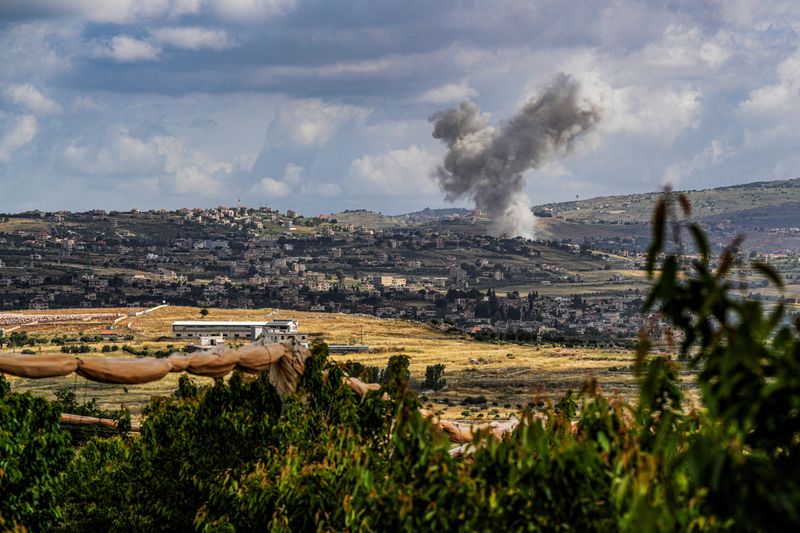
Lebanon faces increasing danger due to spillover from regional conflicts and internal instability. The southern border with Israel experiences regular exchanges of fire between Hezbollah and Israeli forces that can escalate rapidly.
Kidnapping, terrorist attacks, and civil unrest occur with little warning. Palestinian refugee camps fall outside government control and harbor extremist groups. The devastating 2020 Beirut port explosion highlighted the country’s fragile infrastructure and emergency response capabilities.
Lebanon’s economic collapse has led to shortages of medicine, fuel, and basic goods. The U.S. Embassy operates with limited staff and restricted movement, indicating their constrained ability to assist Americans in crisis.
